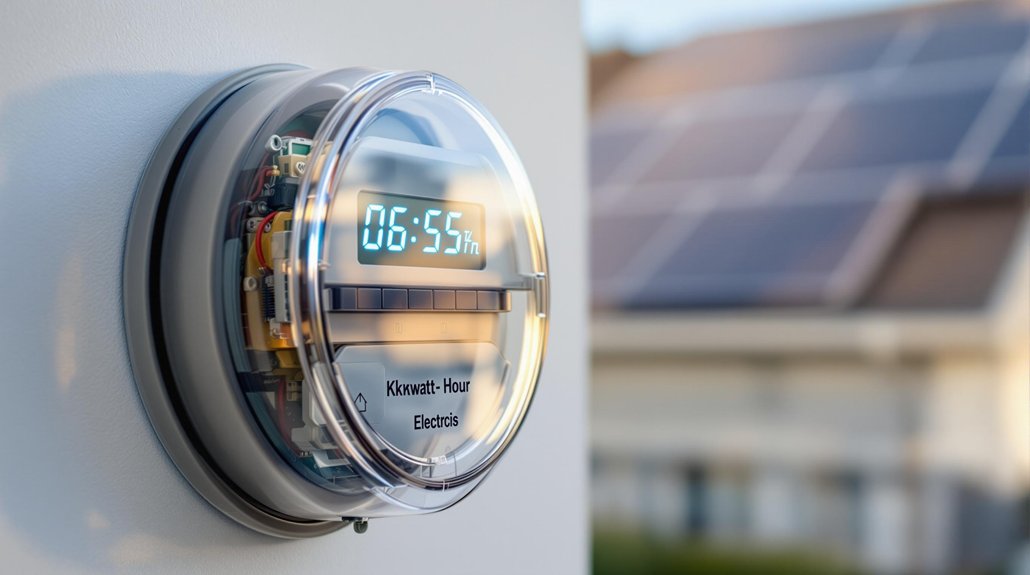Watt-hours measure electrical energy consumption over time, like tracking miles driven instead of just speed. A 100-watt bulb running for 10 hours uses 1000 watt-hours, or one kilowatt-hour – the unit utility companies use for billing. This measurement matters for everything from phone batteries to electric cars. It’s simple math: power multiplied by time equals energy used. Understanding watt-hours could save serious cash on those monthly power bills.

Power consumption can be tricky to wrap your head around. People throw around terms like watts and watt-hours like they’re interchangeable, but they’re not. Not even close. Think of watts as speed and watt-hours as distance – totally different things that work together to tell the whole story.
Watts and watt-hours are like speedometer readings versus odometer miles – different measurements that paint the complete energy picture.
A watt-hour is actually pretty simple once you break it down. It’s just one watt of power being used for one hour. That’s it. Your 100-watt light bulb burning for 10 hours? That’s 1000 watt-hours, or one kilowatt-hour. Math isn’t always fun, but sometimes it’s beautifully straightforward. Understanding this relationship is crucial since energy equals power multiplied by time.
Utility companies love watt-hours – or more specifically, kilowatt-hours. It’s how they figure out how much to charge you every month. Modern meters provide real-time monitoring for precise billing. Your smart meter diligently counts every single watt-hour your house consumes, and trust us, those numbers add up fast. From your refrigerator humming away to that gaming console you forgot to turn off, everything gets counted.
The real beauty of watt-hours shows up in battery technology. Want to know how far your electric car can go? Check its battery capacity in kilowatt-hours. Need to figure out if your phone will last through that conference call? Watt-hours have the answer. Even massive grid storage systems use the same basic principle, just scaled up to megawatt-hours or gigawatt-hours. Battery management systems help optimize energy storage and extend battery life in these applications.
Converting between different energy units can be a real headache. One watt-hour equals 3600 joules or about 3.412 BTU. Nobody really needs to memorize these conversions, but they’re essential for engineers and technicians who deal with different systems.
And for the rest of us? Well, we just need to know that lower watt-hour numbers on our electricity bills mean more money in our pockets. It’s funny how something so complex can boil down to something so simple: use less, pay less. That’s the beauty of watt-hours – they don’t lie.








